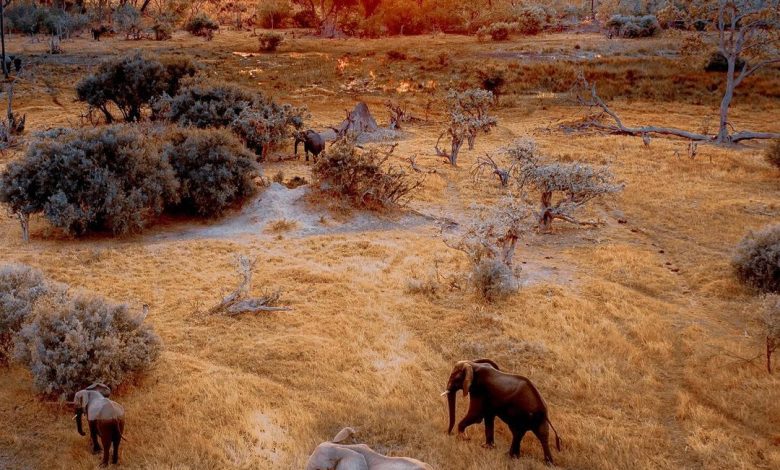Explore Botswana: The Ultimate Travel Guide

Experience the wonders of Botswana with insider tips from Africa facts zone. Get the latest and most relevant travel information before you embark on your journey.
Explore Botswana: The Ultimate Travel Guide
Financial Tips
Botswana’s currency is the Pula, strong in the region, and US dollars are accepted at many lodges and hotels.
You can exchange foreign currency at major hotels and use traveler’s cheques at most shops, lodges, and agencies.
Credit cards, including Visa and Mastercard, are widely accepted, but Diners and American Express may not be.
Banking services are available in major cities, and ATMs are increasingly common. Banking hours are typically 8:30am-3:30pm Monday to Friday and 8:30am-11am on Saturdays.
ALSO READ: Botswana Facts, Culture & Travel
Botswana Facts, History, Culture & Travel – Africa Facts Zone
Gratuity Practices
Tipping is customary for good service at lodges and during safaris, in Pula or other hard currencies.
The tip amount depends on the staff’s role and your group size. In urban restaurants and bars, a 10% tip is usual if not already included.
For detailed tipping advice, consult our Africa Safari Experts.
ALSO READ: Okavango Delta in Botswana’ The 7th Wonder of Africa
Climate Overview
Summer temperatures range from 18°C to 38°C, while winter temperatures vary between 6°C and 27°C. The rainy season lasts from October/November to March/April. Consult our guide for the best wildlife-viewing times and climate details.
Packing Recommendations
For summer, lightweight, neutral-colored clothing, including long sleeves for sun and mosquito protection, is advised. For the cooler months, layering is key, with a thick fleece or jacket for chilly mornings and evenings.
Transportation Insights
- Gaborone: Fly to Sir Seretse Khama Airport from Johannesburg or connect to safari destinations.
- Maun: Daily flights from Johannesburg and Cape Town provide access to the Okavango Delta, with light aircraft transfers.
- Kasane: Connect from Johannesburg, Gaborone, or Maun to Chobe, with road or small aircraft transfers. Victoria Falls is nearby.
Small aircraft charters are common, with open-sided 4X4 vehicles for game drives and boat or mokoro (canoe) transfers in the Delta.
ALSO READ: 10 Fun Facts About the Kalahari Desert in Botswana, Namibia and South Africa
10 Fun Facts About the Kalahari Desert in Botswana, Namibia and South Africa
Visa and Passport Requirements to Travel to Botswana
Ensure your passport is valid for six months beyond travel. No visas are required for citizens of the EU, most Commonwealth nations, the USA, South Africa, Switzerland, Israel, and Norway. A 30-day entry stamp is given on arrival. Visas for neighboring countries can be obtained in Gaborone.
About Botswana
History and Economy
Since independence in 1966, Botswana, a country about the size of France, has been a stable democracy. Once a British colony and home to the San Bushmen, it’s now known for its significant diamond reserves. Its economy, based on cattle, diamonds, and tourism, has led to substantial growth and a relatively high standard of living.
ALSO READ: The San People Africa: World’s Most Ancient Race
People and Culture
Botswana’s population of over two million is predominantly Christian and Tswana-speaking, with English widely spoken. The San Bushmen maintain their traditional lifestyle in the Kalahari. The majority resides in the south-east, particularly in Gaborone, leaving vast areas wild and uninhabited.
Landscape and Wildlife
Known for the Kalahari Desert, Botswana’s terrain includes salt pans, grasslands, and northern woodlands. Significant wetlands like the Okavango Delta, Linyanti Swamps, and Chobe River support a rich array of wildlife.
Over 17% of Botswana’s land is dedicated to conservation, with a hunting ban since 2013. This makes it a wildlife sanctuary, with the Chobe National Park, Okavango Delta, and Moremi Game Reserve as prime viewing spots.
The country is home to the largest elephant populations, diverse birdlife, numerous predators, and the largest African wild dog population. Botswana’s lions are known for their size and hunting prowess.




